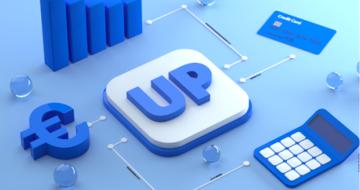It is common that a work is subject to various rights. For example, a song is subject to copyright on the composition and lyrics, but also to the rights of the performer of the song, as well as the rights of the producer of the record. Performers and producers have so-called related rights to copyright.
This can have significant consequences:
- It is possible that several permissions need to be obtained and several royalties need to be paid in order to be able to use certain works. For example, if you want to make music available on the internet, you will need the author’s permission (or the permission of the person or organisation that manages the copyright of that work, specifically the producer or collective management organisation), as well as the performer’s permission and the producer’s permission for the related rights (to be obtained from them or from the respective collective management organisation that manage their rights). However, in many cases, the performer transfers his rights to the producer, so in practice, only the producer should be referred to with regard to related rights in the work.
- Even when a work is no longer protected by copyright and it enters the public domain, there may still be rights to be paid to producers and performers. For example, it will be so when a record of one of Beethoven’s symphonies is played in public, or when a performer plays that symphony. The copyright has expired, so it is no longer necessary to obtain the permission of Beethoven’s heirs, but it is still necessary to obtain the permission of the producer of that record, as well as the performing musicians’ permission.
Last update
23 March 2022


